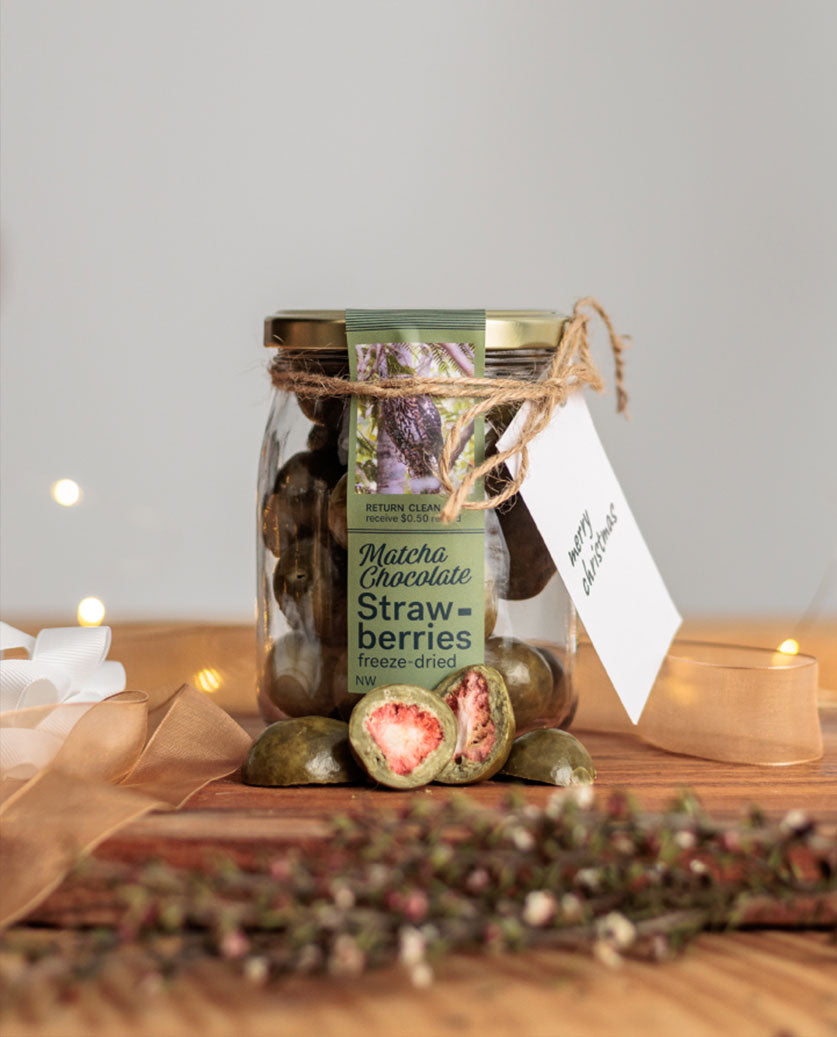How To Choose Real Honey
For thousands of years, honey has been used as both food and cure in many cultures. But much of the packaged honey we see on supermarket shelves is not as pure as the medicinal honey historically used. To reap all of honey's superfood benefits, you need to pick the right type! Here's what to look for and what to avoid when shopping for this sweet delight.

Raw Honey
Like most foods, you want to opt for unprocessed, raw honey. This comes straight from the honeycombs of the hive, then the honey is poured over a mesh or nylon cloth to separate out impurities. Once strained, the raw honey is ready to consume in its most pure form. Many honey brands process the pure honey before packaging it, through which many of honey's health-boosting nutrients are destroyed. Look for honey that is labelled as 'raw' to avoid missing out on its nutritional value!
Unfiltered Honey
Another essential label to look for on your honey packaging is 'unfiltered'. The process of filtering honey removes impurities and debris like air bubbles so that the honey stays as a clear liquid for longer, which is more aesthetically pleasing for selling purposes. Some commercial honeys are additionally processed by ultrafiltration. This process further refines the honey to make it even more transparent and smooth, but it can also remove beneficial nutrients like pollen, enzymes and antioxidants.

Manuka Honey
While all honey has been used medicinally for thousands of years, Manuka honey is much newer to the wellness scene and comes with its own unique list of health benefits. Most notably, Manuka honey has next-level antimicrobial benefits that keep your immune system in check. Native to New Zealand, Manuka honey is produced by bees that pollinate the flowers of the Manuka bush. While raw honey's reputation as a medicinal aid is largely due to its antimicrobial activity that stems from its hydrogen peroxide content, Manuka honey contains additional compounds - methylglyoxal (MGO), dihydroxyacetone (DHA) and a few others - that make it even more beneficial for both internal and topical use. These special compounds originate from the nectar of the Manuka flower.
Our Manuka Honey
Our Manuka Honey here at GoodFor is sourced from the Kaipara Coast, extracted using an eco-friendly scraping method which helps store the pollen up to ten times more efficiently than regular honey. The honey is not micro-filtered which means the pollen, phytonutrient, propolis resin, vitamin and mineral content is maintained. Since our Manuka Honey is raw, pollen and other nutrients act as a nucleus for crystallisation.

Recommended Uses of Our Manuka Honey
You can make the most out of Manuka honey in so many different ways! Manuka Honey is a nourishing and delectable natural sweetener that can be eaten by the spoonful when a sugar craving hits, or included in a number of sweet and savoury recipes to enhance flavour. Dissolve it in hot beverages like superfood lattes, hot chocolates and teas to sweeten them up, or drizzle over breakfast bowls of granola, muesli or porridge, like this Fermented Bircher Porridge. Top fresh sourdough or pancakes with honey, or include it in recipes for bliss balls, energy bars, muffins and loaves to provide a natural, nourishing sweetness. Honey also contrasts savoury flavours well in curries, soups, stews, dressings and dips. Add a teaspoon to your next savoury hotpot and taste the difference! Honey can even be used topically to make homemade face masks, providing anti-inflammatory and immune-boosting benefits for your skin health. What can't this superfood do?!
 GoodFor
GoodFor

